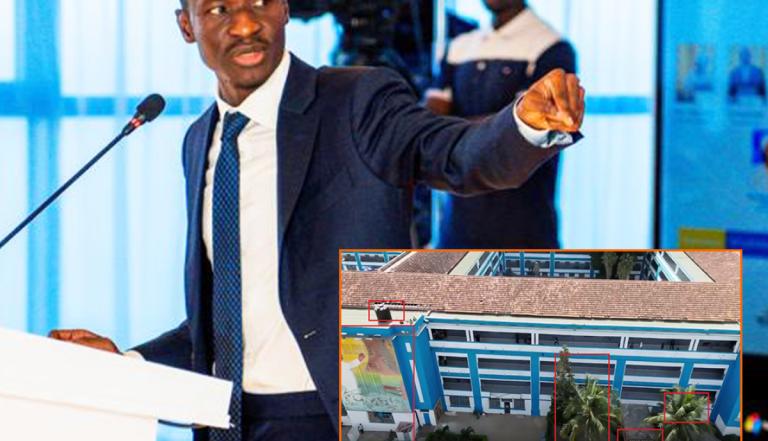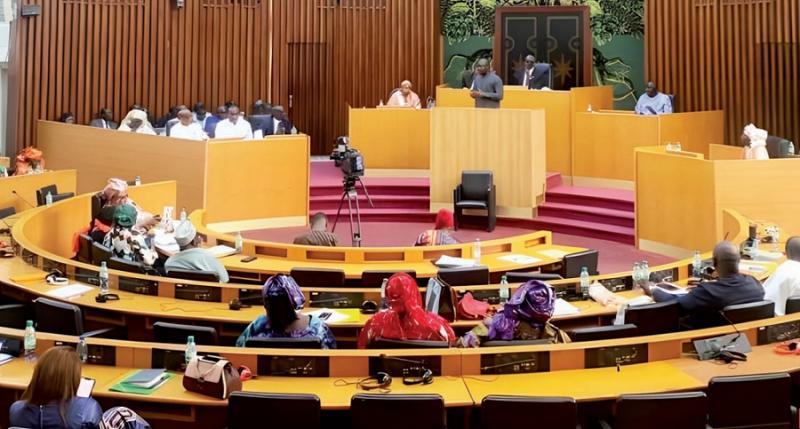Gambiaj.com – (DAKAR, Senegal) – In a significant development, the Senegalese National Assembly’s Committee on Laws, Decentralization, Labor, and Human Rights has rejected a proposed bill aimed at disbanding two key constitutional institutions—the High Council of Local Authorities (HCCT) and the Council for Economic, Social, and Environmental Matters (CESE). The bill, supported by President Bassirou Diomaye Faye and Prime Minister Ousmane Sonko, sought to dissolve these institutions, citing them as unnecessary and burdensome to the national budget.
The decision came after a tense committee vote, where 16 members, primarily deputies from the Benno Bokk Yakaar group (opposition), opposed the bill, while 14 others, mainly from the ruling Yewwi Askan Wi coalition and non-affiliated deputies, voted in favor. Mohamed Ayib Daffé, the president of the Yewwi Askan Wi parliament group, confirmed the outcome via social media but clarified that the bill is not dead yet. It will now move to a plenary session scheduled for Monday at 10 a.m. for further debate.
The proposed constitutional amendment is part of a broader effort by the current administration to reform public governance and rationalize state spending. President Faye, in a recent Council of Ministers meeting, defended the move as a necessary step to streamline government functions and enhance decision-making processes. The HCCT and CESE, both enshrined in Article 6 of the Constitution, have long been consultative bodies with roles in advising on local governance and socio-economic issues. However, the current leadership views them as redundant in the context of its vision for systemic change.
This legislative process began during the National Assembly’s second extraordinary session of 2024, signaling the administration’s commitment to pushing forward with its ambitious reform agenda. As the debate moves to the plenary session, all eyes will be on the National Assembly to see whether this proposal will gain the necessary support or face further resistance from the opposition.
The outcome of this debate will have significant implications for the future of Senegal’s public institutions and the broader trajectory of governance reforms in the country.










